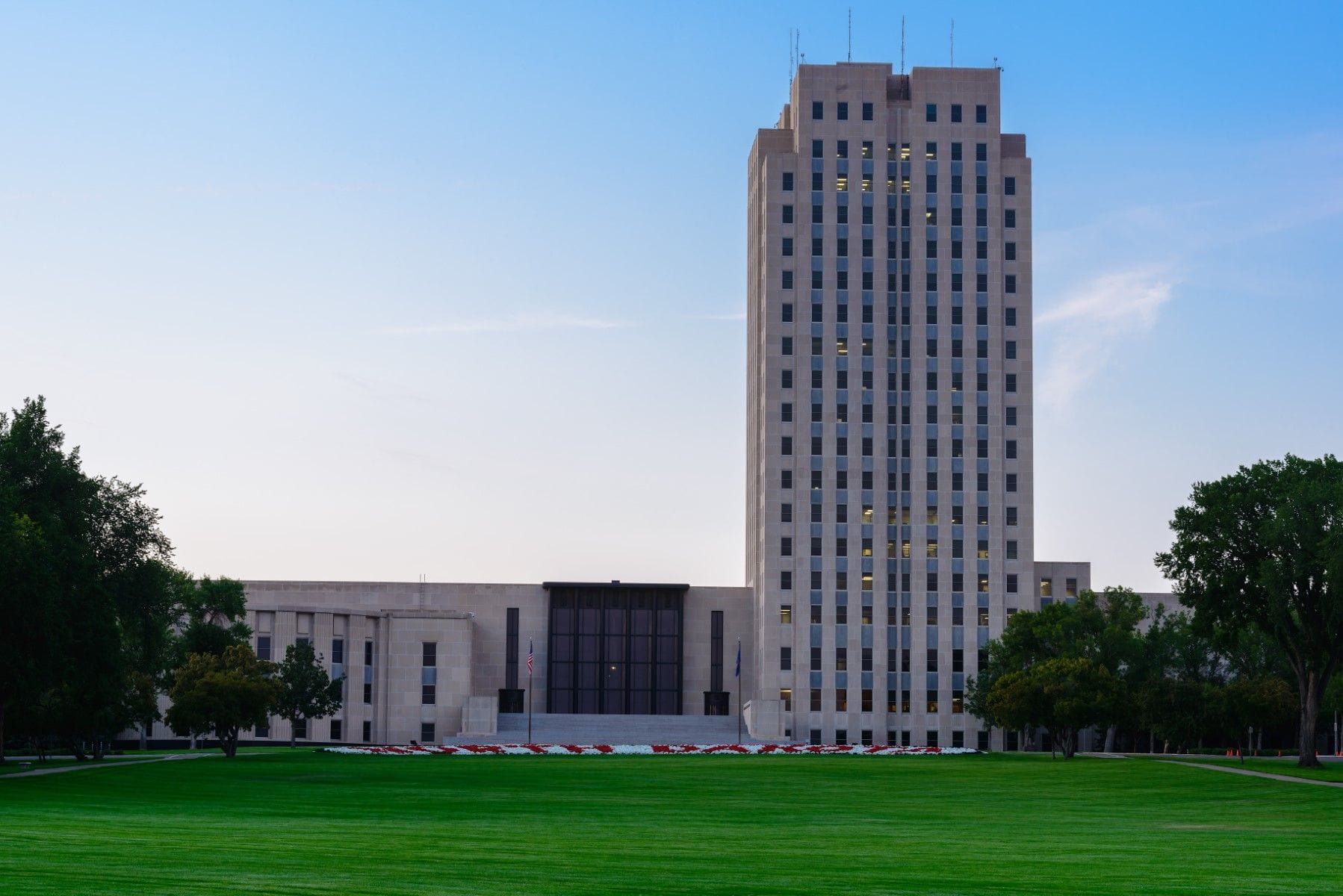North Dakota Expert Witness Rules: What Litigators Need to Know
Expert testimony in North Dakota demands timely, strategic disclosures and Daubert-ready opinions—rigor and reliability define courtroom success.
Updated on
In this article
Expert witnesses are crucial in North Dakota civil litigation, especially in matters involving medical negligence, product liability, engineering, and economic damages. North Dakota’s procedural framework for expert discovery and admissibility closely parallels the federal rules, with clear requirements for disclosures and a firm adherence to Daubert standards. Attorneys must be strategic and timely in both the retention and preparation of experts, as courts enforce strict compliance with disclosure obligations and evidentiary reliability.
Designation Requirements
North Dakota does not require a formal motion to designate expert witnesses. Instead, experts are disclosed under Rule 26(b)(4) of the North Dakota Rules of Civil Procedure (N.D.R.Civ.P.), which mandates that parties identify testifying experts through the discovery process or per the court’s scheduling order.
Parties must disclose:
- The identity of each expert who may testify at trial
- The subject matter of their testimony
- A summary of facts and opinions
- The basis and reasons for each opinion
Expert disclosures are typically exchanged in response to interrogatories or through mandatory disclosures as part of the court’s pretrial schedule. Failing to meet disclosure requirements can result in preclusion under Rule 37(c)(1) if the omission is neither substantially justified nor harmless.
Expert Disclosure Process
Under N.D.R.Civ.P. 26(b)(4)(A), parties are entitled to detailed discovery regarding any expert expected to testify at trial. North Dakota disclosure rules require that the disclosure must include:
- A written summary of the expert’s opinions
- The facts and data considered
- Supporting documents such as reports, articles, or test results
- The expert’s qualifications, including publications and prior testimony
- Compensation arrangements for study and testimony
Although formal expert reports are not automatically required unless ordered by the court, detailed disclosures are essential, particularly in cases involving scientific, technical, or economic analysis.
Depositions of testifying experts are permitted, and courts may compel additional documentation if initial disclosures are insufficient.
Required Declarations
While North Dakota does not mandate expert declarations at the time of disclosure, they become necessary during summary judgment proceedings. Under Rule 56(e) of the North Dakota Rules of Civil Procedure, affidavits or declarations must:
- Be made on personal knowledge
- Present admissible evidence
- Affirm that the expert is qualified to testify on the subject matter
In medical malpractice, engineering, and financial loss cases, summary judgment will often hinge on whether the party has offered a valid expert affidavit to establish key elements like breach of standard of care or causation.
Fees and Compensation
Expert fees in North Dakota are not capped by statute but must be reasonable. When a party deposes another party’s expert, Rule 26(b)(4)(E) requires that the deposing party pay the expert a reasonable fee for time spent in deposition.
Disputes regarding fees may be brought to the court, particularly if there is evidence that the expert’s billing practices are excessive, obstructive, or disproportionate to the case complexity.
Discovery Scope and Limitations
Under Rule 26(b)(4), North Dakota allows discovery of the following expert-related materials:
- Opinion summaries and reasoning
- Data, documents, and literature relied upon
- Prior testimony and qualifications
- Billing rates and fee agreements
Parties may not discover materials from consulting experts—those retained but not expected to testify—unless they demonstrate exceptional circumstances, such as the impracticability of obtaining the information by other means.
The work-product doctrine protects draft reports and attorney-expert communications to some extent, though facts and data reviewed or relied upon by the expert remain discoverable.
Admissibility Standards
North Dakota adheres to the Daubert standard for expert admissibility, codified in Rule 702 of the North Dakota Rules of Evidence (N.D.R.Ev.). The state formally adopted Daubert in State v. Hernandez, 707 N.W.2d 449 (N.D. 2005), affirming the trial court's role as gatekeeper in determining whether expert evidence is sufficiently reliable and relevant.
Under Rule 702, expert testimony is admissible if:
- The expert is qualified by knowledge, skill, experience, training, or education
- The testimony will assist the trier of fact
- The opinion is based on sufficient facts or data
- The opinion is the product of reliable principles and methods
- The expert has reliably applied the methods to the facts of the case
Courts may conduct Daubert hearings to assess admissibility, especially in high-stakes cases involving scientific or novel methodologies. Experts must be prepared to explain the foundation of their opinions and demonstrate the general acceptance, testability, and peer review of their approach.
Key Deadlines & Strategy Notes
Expert disclosure deadlines in North Dakota are typically set in the court’s Rule 16 scheduling order, which governs the timing of pretrial events. While deadlines vary by jurisdiction and case complexity, a typical sequence includes:
- Plaintiff’s expert disclosures: 90–120 days before trial
- Defendant’s expert disclosures: 30–60 days later
- Rebuttal disclosures: Before discovery cutoff
- Expert depositions: Must be completed by end of discovery
- Motions to exclude experts: Typically due before the final pretrial conference
Attorneys should ensure that experts are retained early and prepared not only for deposition but also for potential Daubert challenges, particularly where the science or methodology is contested.
State-Specific Statutes & Local Rules
- N.D.R.Civ.P. 26(b)(4): Governs expert disclosures and discovery
- N.D.R.Civ.P. 37(c)(1): Authorizes sanctions for discovery violations
- N.D.R.Civ.P. 56(e): Summary judgment affidavit requirements
- N.D.R.Ev. 702: Admissibility of expert testimony
- State v. Hernandez, 707 N.W.2d 449 (N.D. 2005): Adopted Daubert standard in North Dakota
Attorneys should also review judicial district local rules, particularly in Cass, Burleigh, and Grand Forks Counties, where complex litigation may be subject to more specific case management orders or expert report protocols.


